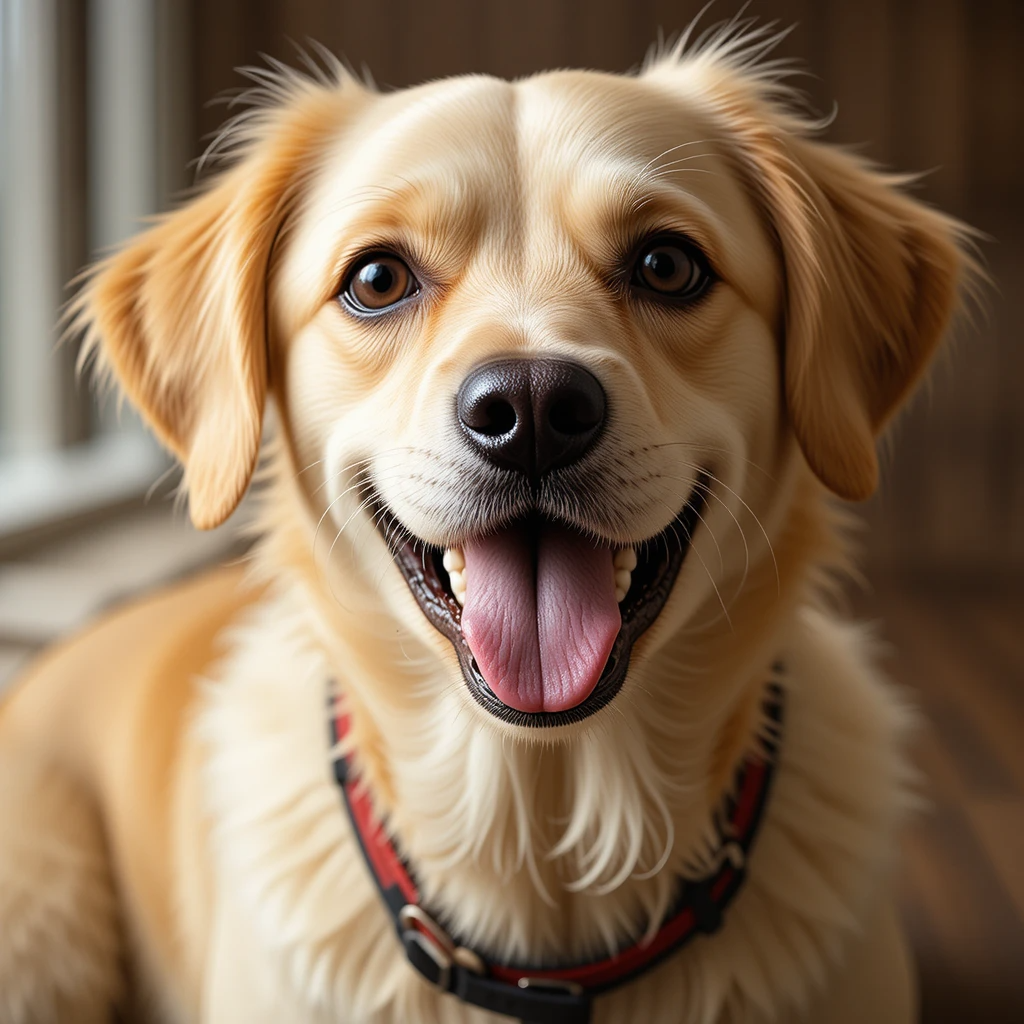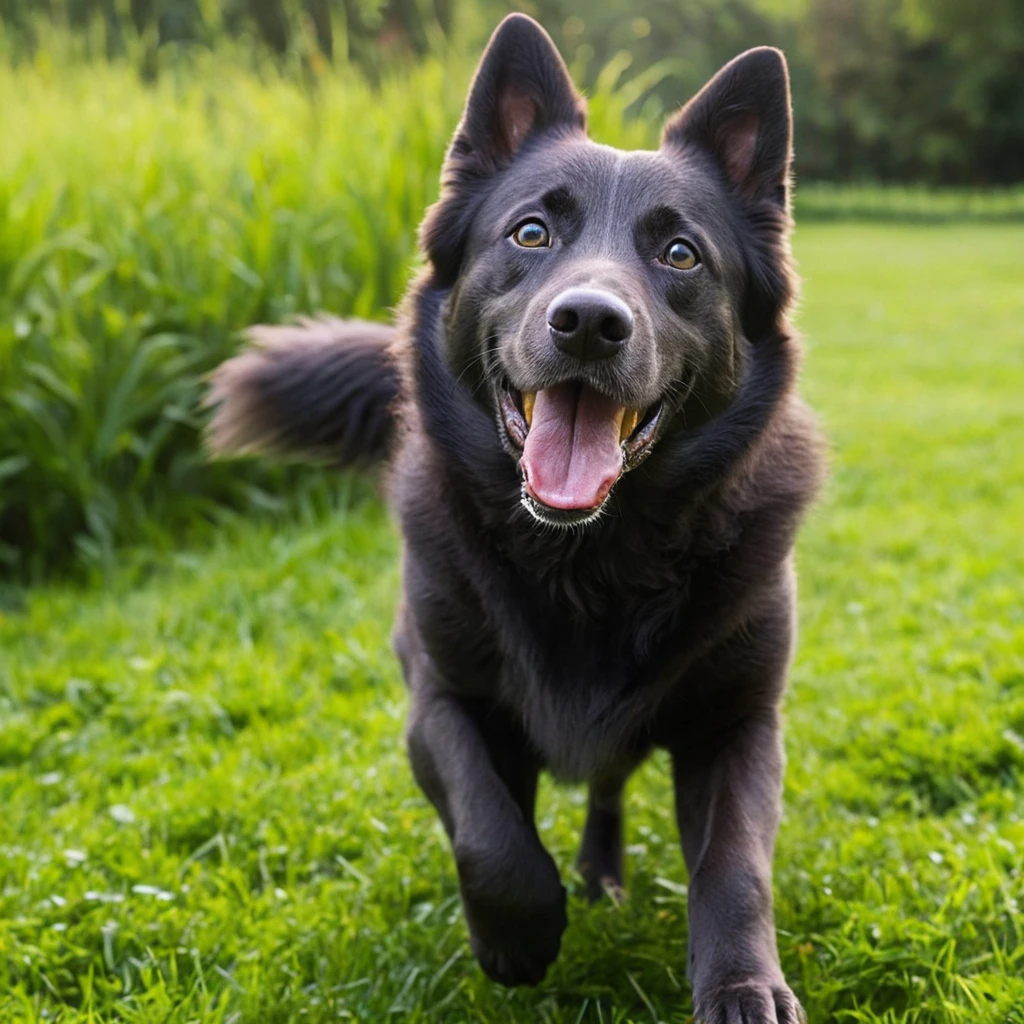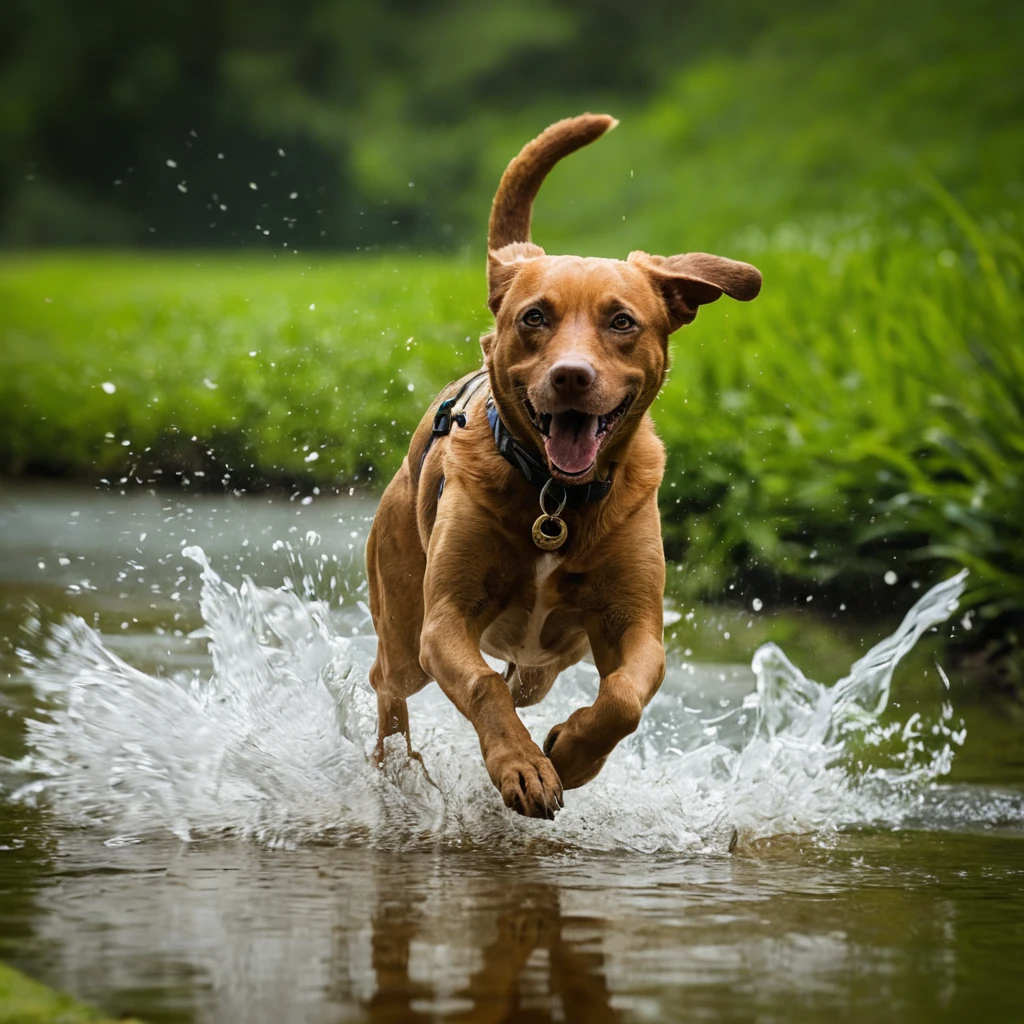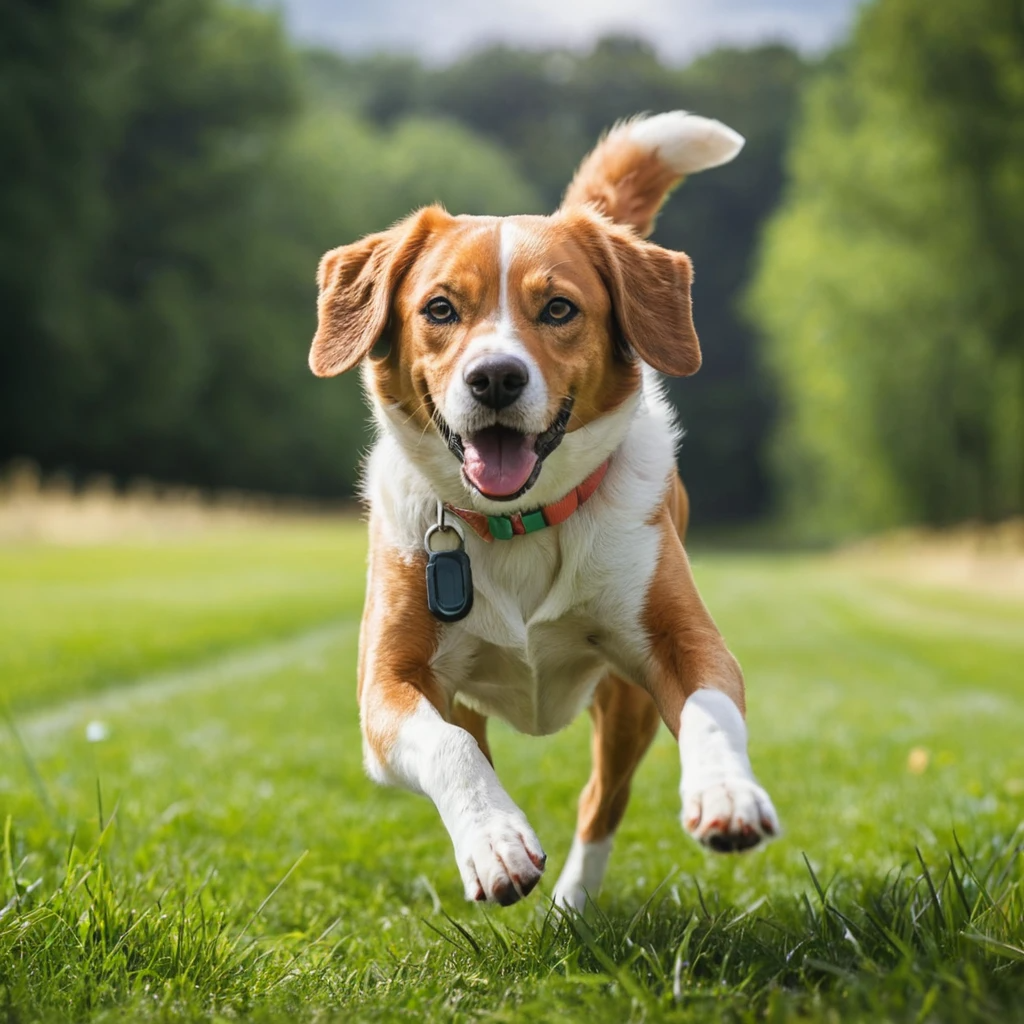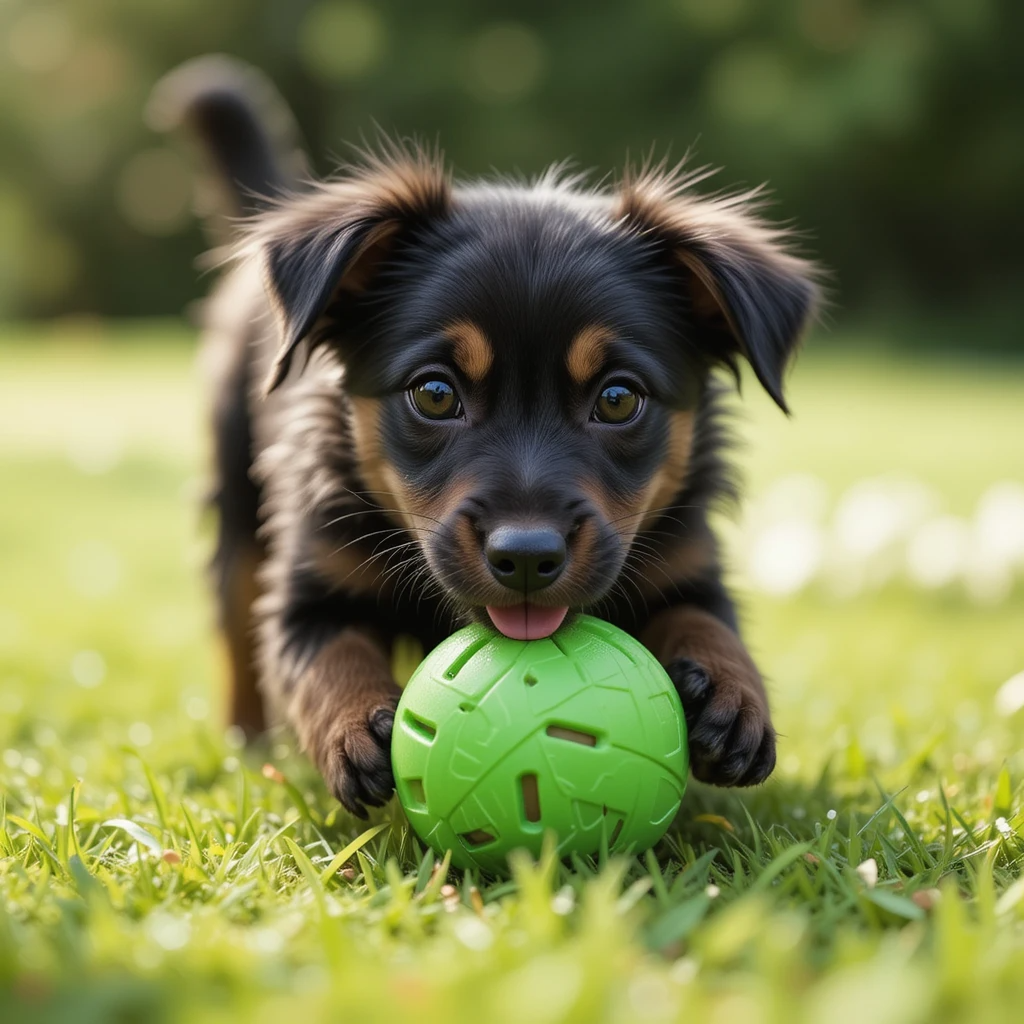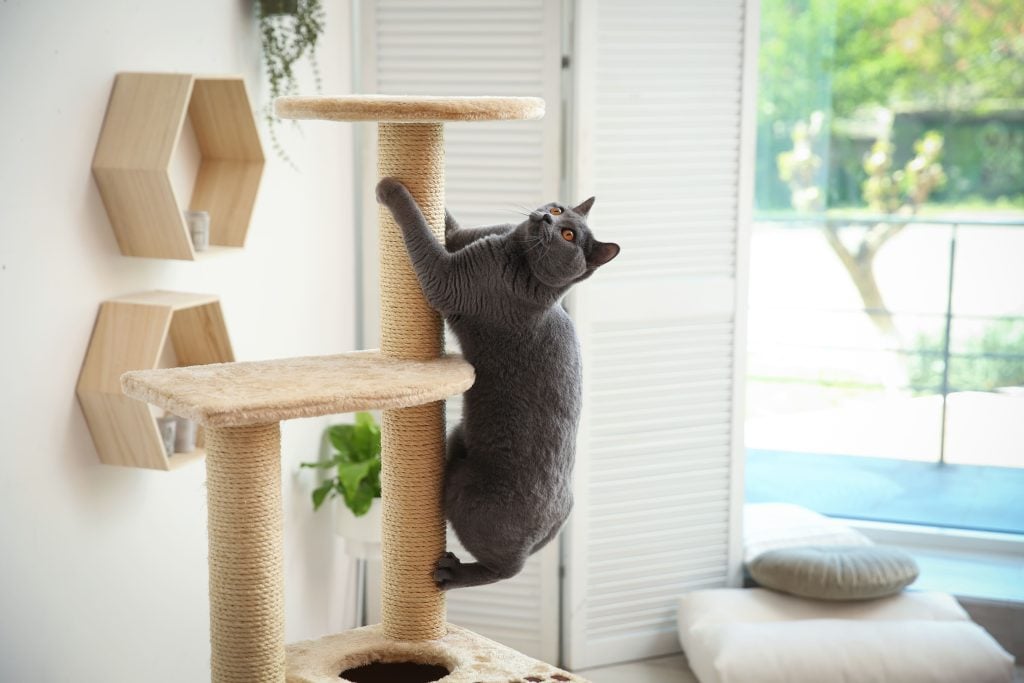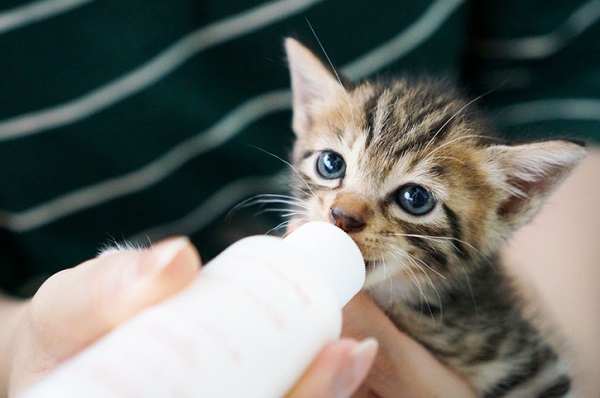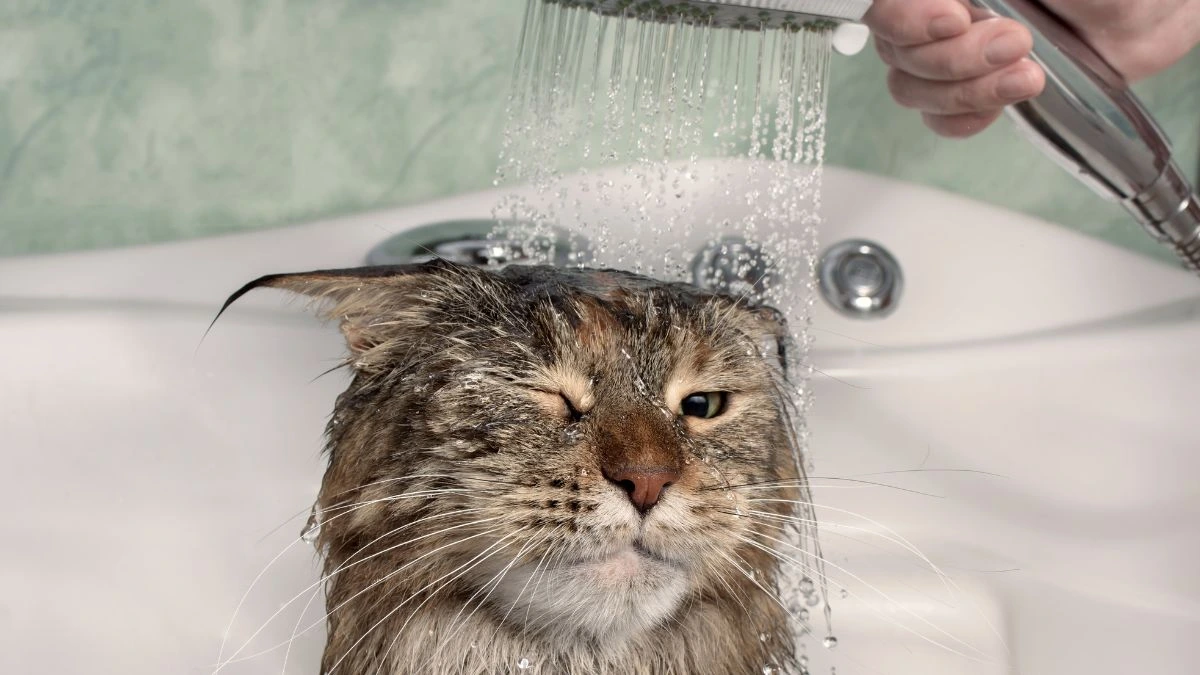Receber um cão em sua vida é um compromisso de amor, lealdade e cuidado — que se torna ainda mais especial à medida que seu amigo peludo entra na fase de ouro. Cães idosos, assim como humanos idosos, exigem um pouco mais de atenção, paciência e cuidado para manter sua qualidade de vida. Se seu cão está ficando mais lento, enfrentando mudanças de saúde relacionadas à idade ou simplesmente curtindo dias mais tranquilos, este guia completo para iniciantes mostrará tudo o que você precisa saber para manter seu cão idoso feliz e saudável. 🐾
Entendendo Quando um Cão se Torna “Sênior” 🧓🐕
A idade em que um cão é considerado “sênior” varia de acordo com a raça e o tamanho. Geralmente:
Cães de pequeno porte (menos de 9 kg): Idosos de 10 a 12 anos
Cães de médio porte (9 a 22 kg): Idosos de 8 a 10 anos
Cães de grande porte (22 a 40 kg): Idosos de 7 a 9 anos
Raças gigantes (acima de 40 kg): Idosos de 6 a 7 anos
Você pode notar sinais como redução de energia, pelos grisalhos (especialmente ao redor do focinho) e tempos de recuperação mais longos após o exercício. É uma fase linda da vida que só precisa de alguns ajustes.
A nutrição importa mais do que nunca 🥦🍗
À medida que seu cão envelhece, seu metabolismo desacelera e suas necessidades nutricionais mudam. Aqui está o que você precisa focar:
Proteína de alta qualidade: Mantém a massa muscular
Ingredientes que auxiliam nas articulações: Como glucosamina e condroitina
Ácidos graxos ômega-3: Ajudam a reduzir a inflamação
Menos calorias: Para prevenir o ganho de peso
🐾 Dica profissional: Considere mudar para uma ração específica para cães idosos e sempre consulte seu veterinário antes de fazer mudanças na dieta.
Visitas de rotina ao veterinário são cruciais 🏥🩺
Embora cães mais jovens possam ir ao veterinário apenas uma vez por ano, cães idosos devem visitá-los pelo menos duas vezes por ano. Esses exames permitem a detecção precoce de condições comuns relacionadas à idade, como:
Artrite
Doenças dentárias
Problemas renais e hepáticos
Perda de visão e audição
Disfunção cognitiva
Exames de sangue e exames físicos regulares podem detectar mudanças sutis que você pode não notar em casa.
Exercícios: Suaves e Regulares 🐕🦺🚶♂️
Seu cão idoso pode não correr atrás de bolas como antes, mas os exercícios ainda são essenciais:
Faça caminhadas mais curtas, porém mais frequentes
Use rampas em vez de escadas, se necessário
Incentive brincadeiras leves com brinquedos macios
🐾 Lembre-se: os exercícios mantêm as articulações móveis, o peso sob controle e a mente afiada.
Torne sua casa amigável para idosos 🏠🛏️
Ajudar seu cão idoso a se sentir confortável pode significar pequenas, mas significativas mudanças:
Adicione tapetes antiderrapantes em pisos escorregadios
Forneça uma cama ortopédica para cães para alívio das articulações
Use escadas ou rampas para ajudá-lo a subir nos móveis ou entrar no carro
Coloque as tigelas de água e comida em uma altura confortável
Esses ajustes podem tornar as atividades diárias do seu cão idoso muito mais fáceis.
Mantenha a mente deles afiada 🧠🐕
Assim como as pessoas, os cães podem apresentar declínio cognitivo. Isso se chama Disfunção Cognitiva Canina (DCC) e pode causar:
Desorientação
Confusão
Alterações nos padrões de sono
Aumento da ansiedade
Para estimular a mente do seu cão:
Experimente brinquedos de quebra-cabeça
Continue com as sessões de treinamento (sim, cães mais velhos PODEM aprender!)
Crie uma rotina diária consistente
Dê muito amor e segurança ❤️
Monitore o Peso e o Apetite ⚖️🍽️
O controle de peso é muito importante para cães mais velhos:
O excesso de peso sobrecarrega as articulações
Estar abaixo do peso pode ser um sinal de doença
Fique de olho no tamanho das porções, evite dar petiscos em excesso e observe quaisquer mudanças repentinas no apetite ou no peso — elas podem indicar problemas de saúde.
Cuidados com a pele e higiene 🧼🛁
Cães idosos geralmente precisam de mais ajuda com os cuidados com a pele:
Escova com mais frequência para reduzir a queda de pelos e nós
Dê banhos suaves com xampus para cães com pele sensível
Mantenha as unhas aparadas para evitar problemas de postura e nas articulações
Monitore a presença de caroços na pele, ressecamento ou infecções
E não se esqueça dos cuidados dentários! 🦷 Cães idosos são propensos a doenças gengivais, por isso escovar os dentes ou usar mordedores dentais é importante.
Fique atento a sinais de dor ou desconforto 😞🐾
Os cães são mestres em esconder a dor, então você precisa ficar atento. Procure por:
Mancando ou rigidez
Ofegando mais do que o normal
Relutância em pular ou escalar
Agressividade ou retraimento repentino
Se notar qualquer um desses sintomas, é hora de consultar um veterinário.
Mantenha o Vínculo Forte 💖🐾
Seu cão idoso pode não ser tão brincalhão quanto antes, mas o amor é tão profundo quanto antes — se não mais. Mostre a ele que você ainda está presente com:
Acaricias e abraços gentis
Momentos de silêncio juntos
Palavras gentis e tons suaves
Respeito pelo espaço e pelas limitações dele
Esta fase da vida pode aproximá-los ainda mais. 🥹🐶
Preparando-se Emocionalmente para os Anos Dourados 🌈
Pensar no futuro pode ser doloroso, mas também é importante. Cães idosos podem enfrentar problemas de saúde ou independência reduzida, e você será a maior fonte de conforto deles.
Mantenha-se positivo, concentre-se na qualidade de vida e valorize cada abanar de rabo, cada abraço e cada momento de alegria.
Considerações Finais: Envelhecendo com Graça 🐾👵🐕
Cuidar de um cão idoso é uma honra — uma chance de retribuir todo o amor que ele lhe deu ao longo dos anos. Com a devida atenção à dieta, saúde, conforto e estímulo mental, seu cão idoso pode desfrutar de uma vida plena.

